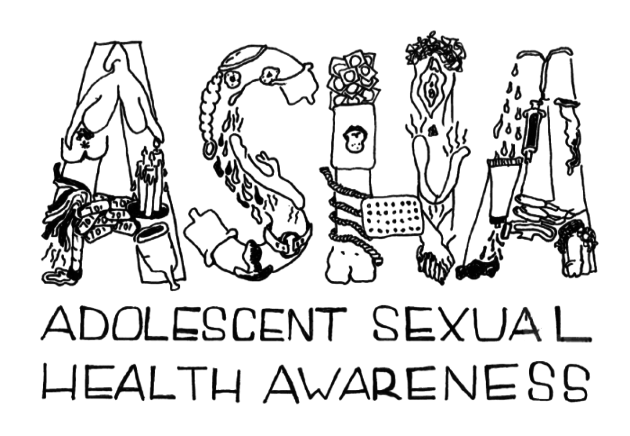
by Abigail Fisher
What Amy Coney Barrett Means for Sex Ed

Middle schoolers are not well known for being comfortable and open when it comes to talking about sex. On my college campus at Wesleyan University, I belong to a group of students working to change this. Adolescent Sexual Health Awareness (ASHA) reinvents sex-ed curricula to go deeper than what most states require. Our mission is, in part, to “empower young people to be active participants in their sexual education and to take charge of their bodies, as well as their emotional and physical health.”
ASHA’s curriculum is unique in that it centers consent, LGBTQ+ inclusion, and representation across religious, racial, and ethnic identities. After undergoing teacher trainings, ASHA members visit local public schools and teach sex ed in an accessible and casual way. ASHA’s theory is that teens and tweens are more likely to ask college students vulnerable and awkward questions than they are to ask, say, their gym teacher. Just like a traditional sex ed class, we end our lesson by answering anonymous questions, which tend to be about same-sex sex and access to contraception. Our hope is that our curriculum destigmatizes these issues to a point where students no longer feel a need to ask those sorts of questions anonymously.
Of course, some of this discomfort is natural and expected. But some of it is inherited. Indeed, each school’s PTA has different rules about what we are and aren’t allowed to do during our lessons. For example, many schools explicitly prohibit demonstrations for how to use a condom. If this is true even in a climate where the ACA covers contraception and Roe v. Wade is, at least on paper, the law of the land, it’s scary to imagine how Judge Barret’s confirmation might further endanger sex education.
Over the past few weeks, my newsfeed has been flooded, and rightfully so, with articles about how Judge Amy Coney Barrett’s confirmation will change the course of reproductive rights, LGBTQ+ equality, and healthcare. Little attention has been paid, however, to what her confirmation will mean for sex education. But they are connected. If crucial resources like contraception and STI testing and treatment become less accessible, as they are likely to under a Justice Barrett, necessary conversations will become less accessible, too.
At the end of each ASHA lesson, we hand out a legal resource sheet with information particular to each school district. These handouts include information about where to obtain STI testing, contraception, and in some cases abortion without parental consent. This sheet also includes the pricing for these things so that students don’t run into any unexpected bumps along the road to healthy, safe, and empowered sexual choices. When reproductive healthcare moves underground, so does accurate and complete information about said healthcare.
At best, Judge Barrett’s history shows that she takes an “anonymous question box” approach to reproductive care, leaving teens and adults alike to sift through misinformation and legal obstacles on their own.
Under a Justice Barrett, will the kinds of resources we make students aware of be legal? Will they be accessible? And, most importantly, will schools be willing to invite us to continue teaching our lesson plans?